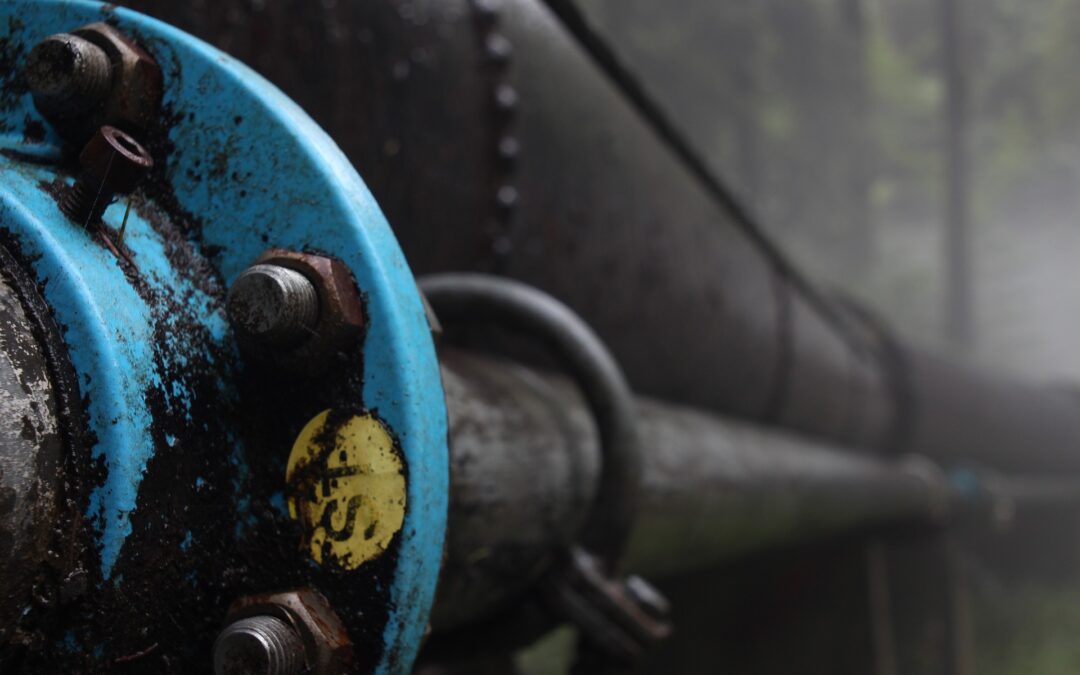There is “no evidence” supporting the claim, recently published by the Wall Street Journal, that “Poland was the logistical hub for the operation to blow up Nord Stream”, the Polish prosecutor’s office has announced. It calls the revelations “entirely untrue”.
The newspaper reported earlier this month that German investigators suspect “Andromeda”, a 15-metre yacht, of being involved in the sabotage of two gas pipelines connecting Russia with Germany. It claimed that Ukrainians with Polish residency had founded the Warsaw-based company Feeria Lwów, which rented the boat.
On Thursday, The Wall Street Journal also reported that the yacht sailed around each of the sites where, moments later, explosions took place.
Map of explosions caused on the Nord Stream pipelines on 26 September 2022; Source: FactsWithoutBias1 via Wikimedia (under CC BY-SA 4.0)
According to the Polish prosecutor’s office, which conducted its own parallel investigation, “there is no direct evidence of that,” reported the Polish daily Rzeczpospolita.
New findings by Polish investigators show that the yacht sailed to Poland from Wiek, a village on the island of Rügen in Germany, with six people on board. It moored in a Polish port for 12 hours and left Polish territorial waters afterwards.
“It is clear from the findings of the investigation that no items were loaded on board the yacht during its stopover in a Polish port, and that the yacht’s crew was subjected to check by the Polish Border Guard,” the National Prosecutor’s Office told Rzeczpospolita.
Crew members reportedly had Bulgarian passports, and the Polish Border Guard did not see signs indicating they might be forged or that crew members were banned from entering the Schengen area.
🔴 TYLKO U NAS. Wysadzenie #NordStream: #Prokuratura bada rolę "Andromedy' w sprawie https://t.co/tG47KFmx3O
— Rzeczpospolita (@rzeczpospolita) June 22, 2023
In mid-May, a working meeting took place between the Polish and German prosecutors. During the meeting, German prosecutors willingly and extensively asked for details about, among other things, the stay of the yacht “Andromeda” and its crew in a Polish port. They were unwilling, however, to share the information they had gathered, the newspaper reported, citing sources.
“There were many questions about the yacht and its crew, among others. I don’t know on what basis the German investigators formulated the thesis that Poland was a ‘logistical hub for the Nord Stream operation to blow up’, because they asked about many elementary facts, probably without having any knowledge of them,” a close source told Rzeczpospolita.
Three Spaniards rescued off Poland's Baltic coast claimed to have been diving for amber in the middle of the night during bad weather.
Security experts call the explanation "bizarre" and note that the area hosts critical infrastructure https://t.co/3FAu06xo4x
— Notes from Poland 🇵🇱 (@notesfrompoland) January 18, 2023
According to the source, transporting the large amount of explosives, around several hundred kilos, needed to blow up the gas pipeline on a tourist yacht would not have been possible.
No equipment was found on the yacht to lower the charges underwater. The gas pipeline was blown up in three places, almost simultaneously at a depth of about 70-80 metres.
In previous weeks, Rzeczpospolita reported that at the time, many Russian vessels were sailing in the explosion area – several adapted to go underwater. Some had disabled their transponders.
According to the Danish authorities, four days before the Nord Stream explosions, a Russian SS-750 vessel with a miniature submarine was sailing in the area.
Poland has long criticised the construction of the second line of the Nord Stream pipeline, which was supposed to bring Russian gas to Germany. The Polish government accused Berlin of disregarding the dangers of maintaining close economic relations with Russia, warning that it would increase Germany’s dependence on Russian gas.
Following Russia’s full-scale invasion of Ukraine last year, Poland has stepped up such criticism and argued that its longstanding warnings have been vindicated.
Last year, both gas pipelines were destroyed in an explosion.
Poland has raised its alert level for energy infrastructure outside the country’s borders in response to “an increased terrorist threat”.
The decision comes after the Nord Stream explosions, which occurred near a Polish gas pipeline and electricity link https://t.co/3CcsxC8UlK
— Notes from Poland 🇵🇱 (@notesfrompoland) October 6, 2022
Main image credit: Johannes Rupf / Pixabay

Alicja Ptak is deputy editor-in-chief of Notes from Poland and a multimedia journalist. She has written for Clean Energy Wire and The Times, and she hosts her own podcast, The Warsaw Wire, on Poland’s economy and energy sector. She previously worked for Reuters.




















